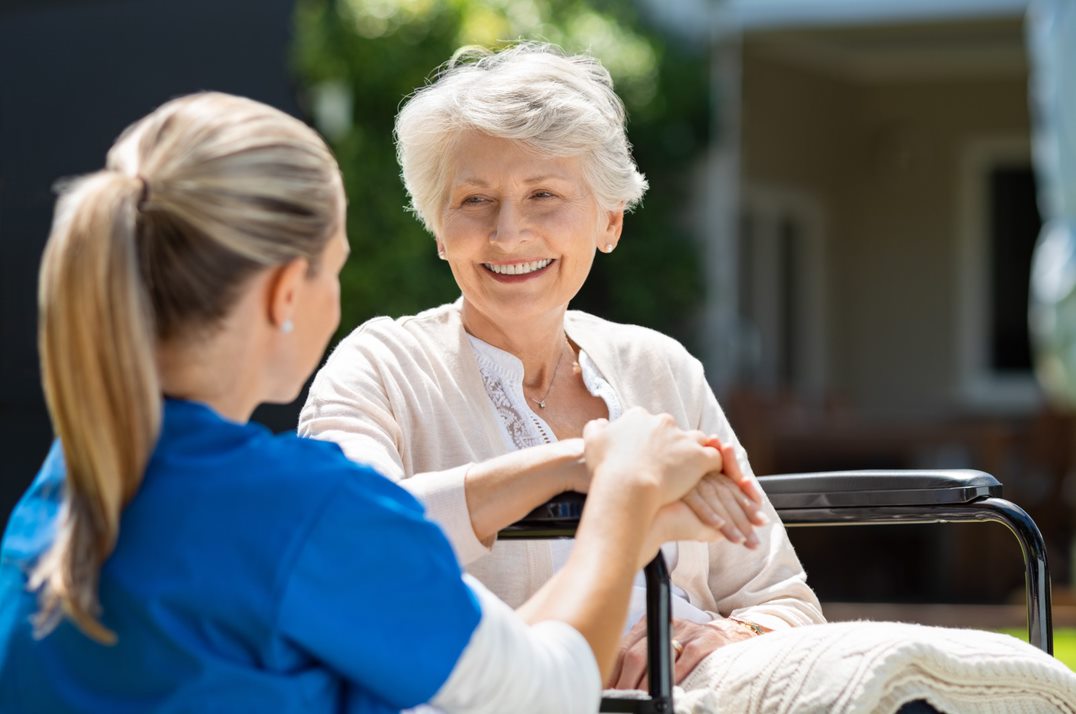Not known Facts About Dementia Fall Risk
Not known Facts About Dementia Fall Risk
Blog Article
10 Easy Facts About Dementia Fall Risk Explained
Table of ContentsDementia Fall Risk for DummiesSome Known Facts About Dementia Fall Risk.Little Known Facts About Dementia Fall Risk.The Dementia Fall Risk PDFsNot known Details About Dementia Fall Risk
You may be anxious because you have actually had an autumn prior to or since you've observed you're starting to feel unsteady on your feet. You could have discovered adjustments to your health and wellness, or just seem like you're slowing down a little. Whatever the factor, it isn't uncommon to end up being mindful and shed confidence, and this can stop you doing the points you made use of to do and make you feel more separated.If you've had a loss or you have actually started to really feel unsteady, inform your physician also if you really feel fine otherwise. Your physician can examine your equilibrium and the way you stroll to see if renovations can be made. They might have the ability to refer you for a drops threat assessment or to the drops prevention solution.
This info can be obtained through interviews with the individual, their caregivers, and an evaluation of their clinical records. Begin by asking the individual regarding their background of falls, including the frequency and scenarios of any recent drops. Dementia Fall Risk. Ask about any flexibility troubles they may experience, such as unsteady or difficulty strolling
Conduct a detailed testimonial of the individual's medicines, paying certain interest to those recognized to increase the threat of drops, such as sedatives or drugs that lower blood stress. Identify if they are taking numerous medicines or if there have actually been current adjustments in their medication routine. Review the person's home setting for potential hazards that might increase the risk of falls, such as poor lighting, loosened rugs, or absence of grab bars in the restroom.
Dementia Fall Risk for Dummies
Overview the individual through the loss danger analysis form, clarifying each concern and videotaping their actions accurately. Guarantee that the specific recognizes the function of the analysis and really feels comfy providing truthful solutions. Determine the complete threat score based on the feedbacks given in the analysis form. Determine the individual's risk classification (reduced, medium, or high) based on the total rating and the existence of automated high-risk standing factors.
Regularly check the person's progression and reassess their risk of drops as required. Provide ongoing education and support to advertise safety and security and decrease the threat of falls in their everyday living tasks.
Many researches have actually revealed that physical therapy can assist to lower the danger of falling in adults ages 65 and older. In a brand-new research study (that looked at falls danger in females ages 80 and older), researchers computed the economic influence of choosing physical therapy to stop falls, and they found that doing so conserves $2,144, including all the hidden costs of your time, pain, missed go now life events, and the bucks spent for solutions.
The Ultimate Guide To Dementia Fall Risk
Examining your heart rate and high blood pressure measurements at remainder and while you change placements (from resting or lying to standing). A simple examination of your reasoning (cognitive) abilities. Assessing your equilibrium, toughness, and strolling capability. A basic vision test. Assessing your feet and shoes. A home security assessment. Based on the examination results, your physical specialist will design a strategy that is tailored to your certain needs.
Older adults that have difficulty strolling and talking at the exact same time are at a higher threat of falling. Dementia Fall Risk. To assist boost your safety and security during daily tasks, your physical therapist might develop a training program that will test you to keep standing and strolling while you do an additional job. Instances consist of walking or standing while counting backward, having a discussion, or bring a bag right here of groceries
Your physical specialist also can determine which activities you should avoid to remain safe. Community-based drops avoidance programs assist people to: Minimize their concern of dropping. Establish goals for enhancing their exercise. Make this contact form their homes much safer. Work out more to boost their stamina and equilibrium. These programs typically are led by volunteer trains.
Some Known Questions About Dementia Fall Risk.

Measles, or rubeola, is a very contagious, severe viral transmittable disease caused by the measles virus. Some people think about measles as just a breakout and fever that cleans up in a few days; however, measles can create significant wellness problems, specifically in children more youthful than 5-years-old. The finest defense versus measles is the measles, mumps, and rubella (MMR) vaccine.
Loss are a common cause of injury among older adults.
10 Easy Facts About Dementia Fall Risk Described

She has no history of falls, her stride is consistent, and she voids with no problems. The previous registered nurse states that she calls for support to the restroom when she needs to go.
Instances of typical loss interventions/measures include: Ensuring a person's necessary products are within reach. Beyond comprehending exactly how to use the Johns Hopkins Loss Danger Assessment Device, it's essential that facilities integrate its use into a much more detailed fall avoidance plan.
Report this page